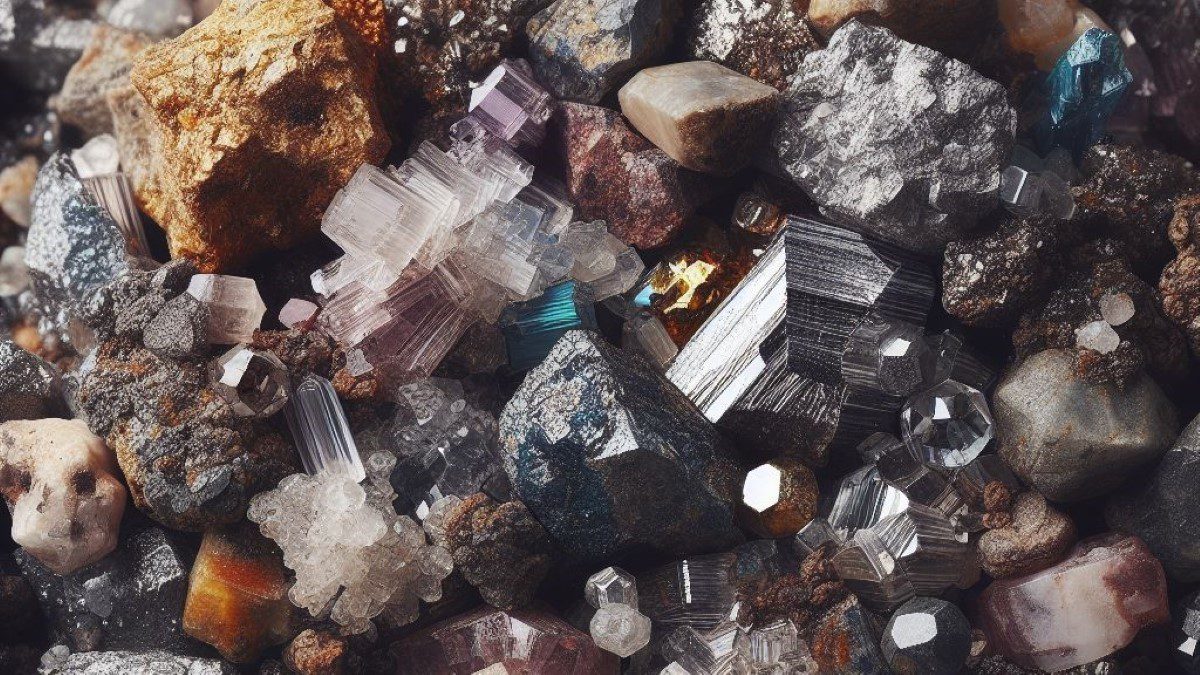Uncategorized
Groundbreaking Discovery: China Unearths New Niobium-Rich Ore with Potential Battery Tech Game-Changer
In a scientific breakthrough, researchers in China have stumbled upon a novel ore, named niobobaotite, containing the rare earth element niobium. Found in Inner Mongolia’s Bayan Obo deposit, this discovery has sparked excitement due to niobium’s exceptional superconductive properties, hinting at potential revolutions in battery technology.
Niobobaotite, composed of niobium, barium, titanium, iron, and chloride, has captured attention for its niobium content. Niobium, a light-gray metal, has traditionally been utilized to strengthen steel without adding significant weight. Moreover, it serves as a crucial component in various alloys and finds applications in particle accelerators and advanced scientific equipment as a superconductor at low temperatures, as noted by the Royal Society of Chemistry.
Unearthed on October 3 in the Bayan Obo ore deposit in Baotou, Inner Mongolia. This brownish-black ore marks the 17th new type found in the deposit and one of 150 new minerals discovered in the region, according to the China National Nuclear Corporation (CNNC)).
This discovery holds significant economic potential for China, which currently importing 95% of its niobium. Antonio H. Castro Neto, a professor at the National University of Singapore, remarked, “Depending on the volume and quality of this niobium, it could make China self-sufficient.”
Brazil presently dominates as the world’s largest supplier of niobium, with Canada trailing as a distant second. However, this newfound domestic source could reshape China’s niobium landscape.
The timing is critical, given the rising global demand for niobium due to ongoing developments in battery technology. Researchers are actively exploring niobium-lithium and niobium-graphene batteries, presenting alternatives that could minimize fire risks when paired with lithium. Additionally, these batteries boast faster charging times and increased recharge cycles compared to traditional lithium-ion batteries.
In a notable development, researchers at the Centre for Advanced 2D Materials (CA2DM) at the National University of Singapore are pioneering niobium-graphene batteries. They claim a remarkable lifespan of around 30 years, ten times longer than conventional lithium-ion batteries, with the ability to achieve a full charge in less than 10 minutes.
As the world eagerly anticipates the potential implications of this newfound niobium-rich ore, China stands on the brink of a transformative era in both resource independence and advancements in battery technology.













